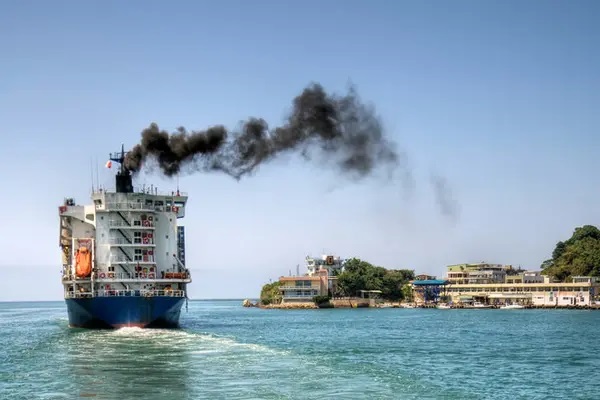The Solomon Islands are ramping up their fight against climate change, demanding immediate global action on shipping emissions.
At the 82nd session of the Marine Environment Protection Committee (MEPC82), the nation, alongside other members of the 6PAC+ coalition, called for a universal levy on shipping emissions to align with the 1.5-degree global warming target.
“We will continue to advocate for a universal contribution putting a high price on greenhouse gas emissions integrated with a fuel standard,” said Solomon Islands Minister of Infrastructure Development, Manasseh Maelanga.
“I call for the finalisation of this basket of measures now and their approval in 2025. We have no more time to lose,” he said.
The Solomon Islands push comes as part of a broader effort by Pacific and Caribbean nations to decarbonise the maritime sector, an industry responsible for nearly 3 percent of global greenhouse gas emissions.
Vanuatu’s Special Envoy for Climate Change, Ralph Regenvanu, echoed this urgency, issuing a stark warning to the International Maritime Organisation (IMO).
“We must all be employed in the planet-saving business this week,” said Regenvanu.
“Our mandate is brutally clear: save the most vulnerable among us, and in doing so, we save us all,” he said.
Regenvanu reminded the IMO of Vanuatu’s leadership on climate action despite being a small island nation, calling out other countries for not stepping up.
“There is no excuse for delay,” he added, urging swift adoption of the universal levy on shipping emissions to ensure a just transition.
Fiji, another 6PAC+ coalition member, also made its stance clear during the IMO meetings.
Aseri Driu, Fiji’s Principal Transport Planner and a vocal advocate for maritime sustainability, delivered a series of interventions pushing for the reduction of greenhouse gas emissions from international shipping.
“As a Small Island Developing State deeply vulnerable to climate change, Fiji is demanding robust measures to decarbonise shipping,” Driu said.
“We need to ensure that the unique needs of SIDS and Least Developed Countries are prioritised in this process,” she said.














